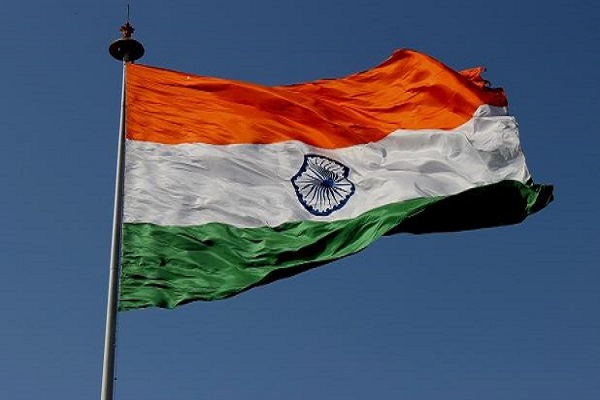India Poised To Become World's Most Populous Country This Year: Report
India is poised to become the world's most populous country in 2023, surpassing China which has held the position since 1950, according to a report by Washington-based think tank Pew Research Centre. Read further on Dynamite News:

Washington: India is poised to become the world's most populous country in 2023, surpassing China which has held the position since 1950, according to a report by Washington-based think tank Pew Research Centre. According to the report, the UN expects that India will overtake China in April, though it may have already reached this milestone since the UN estimates are projections.
Pew Research Center after analyses of data from the UN and other sources mentioned key facts about India's population and its projected changes in the coming decades. According to the center, India's population has grown by more than one billion people since 1950, the year the UN population data begins, according to the report.
Also Read |
Farooq Abdullah: India lacks power to challenge China
People under the age of 25 account for more than 40 per cent of India's population. Unline India, the other two most populous countries in the world, China and the US, have rapidly ageing populations. The fertility rate in India is higher than that of China and the US, but the rate has declined rapidly in the recent decades. Fertility rates, however, vary widely by community type and state in India.
On average, Indian women in urban areas have their first child 1.5 years later than women in rural areas. India's artificially wide ratio of baby boys to baby girls, which rose in the 1970s from the use of prenatal diagnostic technology to facilitate sex-selective abortions, is narrowing, the reported noted.
Also Read |
HS Prannoy crashes out of Japan Open
Infant mortality in India has decreased by 70 per cent in the past three decades but remains high by regional and international standards. Typically, more people migrate out of India each year than into it, resulting in negative net migration. (ANI)
 Dynamite News
Dynamite News 